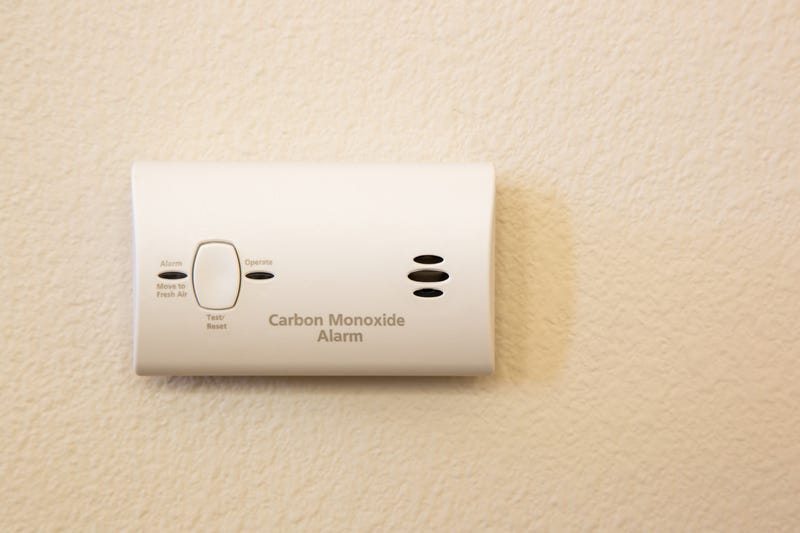
With the heating season getting started in Minnesota, the state Fire Marshal's office is urging residents to make sure they have working carbon monoxide detectors.
This, after a Douglas County couple had to be hospitalized after being exposed to dangerously-high levels of the gas just this past weekend with authorities saying the leak was caused by a faulty water heater and furnace.
"Think about all the sources of heat that you use that utilize propane, natural gas, wood, gasoline. Every single one of those appliances has that potential of generating carbon monoxide," Minnesota State Fire Marshal Dan Krier explains.
Carbon monoxide is often called the "silent killer," since it is odorless, colorless and tasteless.
The Fire Marshal's office says the only way to detect CO is with an alarm, which should be installed within 10-feet of each sleeping room.
A Kimball, Minnesota mother who lost her two young boys to carbon monoxide poisoning is helping state safety officials reinforce how important it is to have working detectors. Cheryl Burt says everyone also needs to be aware of the signs of carbon monoxide poisoning, since the gas is odorless.
"This is a serious, serious poison that you wanna say, oh God, I feel like crap," says Burt. "I'm really feeling, you know, I've got a headache. I'm achy all over. I'm sleepy. I want to go to sleep. I have the flu. The worst thing you can do."
CO alarms should also be tested monthly and replaced every five to seven years. with experts recommending you replace the batteries each fall or spring during Daylight Saving Time, which is coming up on Sunday, November 2.
